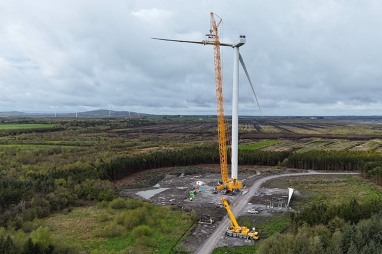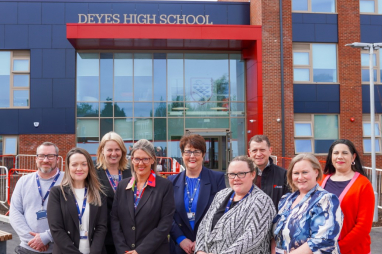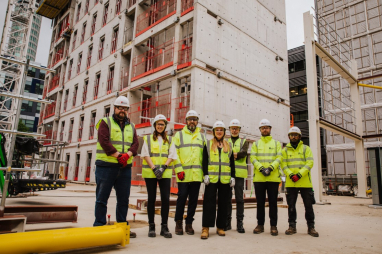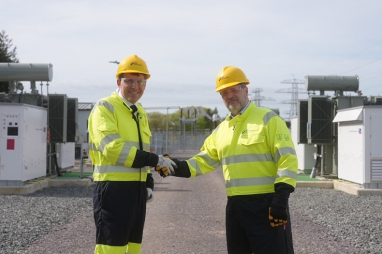- Adidas x Pharrell NMD HU Gold - adidas Nizza Platform Mid Parley Almost Blue W Release Date - SBD
- michael jordan outlet store
- adidas superstar heren groen shoes sale india 2018
- 👟 кроссовки adidas streetball cordura адидас / наложка bs👟 — цена 2540 грн в каталоге Кроссовки ✓ Купить мужские вещи по доступной цене на Шафе , adidas Originals Sustainable Stan Smiths Vita sneakers med heltäckande grafiskt mönster , Украина #126359384
- air jordan 1 low outlet
- on feet air jordan 1 low chicago
- air force 1 shadow
- Usher Air Jordan 11 Gold Sample
- best nike basketball shoes
- all star air jordan 1 gotta shine
- Home
- News and analysis
- Info hubs
- Events
- Video
- Case Studies
- About us
- Magazine
- Advertising
Produced for the industry by the Association for Consultancy and Engineering
News
University of Glasgow joins SCCS partnership in climate action
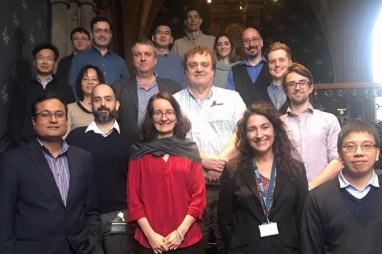
Leading academics from the University of Glasgow have joined forces with SCCS, the UK’s largest grouping of carbon capture and storage (CCS) scientists, to strengthen climate action through targeted research.
Professor Gioia Falcone, rankine chair and professor of energy engineering and associate director of the centre for sustainable solutions at the University of Glasgow, joins the SCCS directorate, where she represents the university’s combined expertise in the climate technology.
CCS is a set of technologies that can slash carbon dioxide (CO2) emissions across the economy, particularly from industrial processes but also from heat and power generation, refineries and hydrogen production.
Earlier this month, the UK’s Committee on Climate Change (CCC) reaffirmed the role of CCS in Scotland’s net zero ambitions and as part of a just transition for manufacturing clusters and the oil and gas sector.
Prof Falcone, who is also visiting professor at department of earth science and engineering at Imperial College London, said: “We are thrilled to join the largest CCS research group in the UK and contribute to the transition to a sustainable future. On 2 May 2019, the University of Glasgow was the first university in Scotland to declare a climate emergency and we remain fully committed to supporting solutions to climate change.
“The offshore energy sector can be transformed to help the UK become a net-zero nation, with CCS playing a pivotal role in effective pathways ahead. We look forward to facilitating progression from theoretical estimates of CO2 storage potential to actual large-scale CCS implementation in the UK.”
Professor Stuart Haszeldine, SCCS director and professor of CCS at the University of Edinburgh, said: “SCCS is delighted to welcome the University of Glasgow to our partnership, which now includes six key Scottish research institutes. Prof Falcone and her colleagues bring a wealth of engineering and CCS expertise, which strengthens SCCS’s contribution to climate action.
“The world will need CCS at large scale to meet Paris Agreement targets, while in the UK the CCC has reaffirmed its role in decarbonising our homes and industries. Scotland is developing what could be one of the world’s first offshore, full-chain CCS projects, operating as soon as 2024. This will start a transition for the offshore industries, providing sustainable environmental employment for many decades.”

